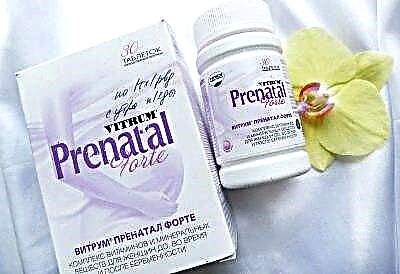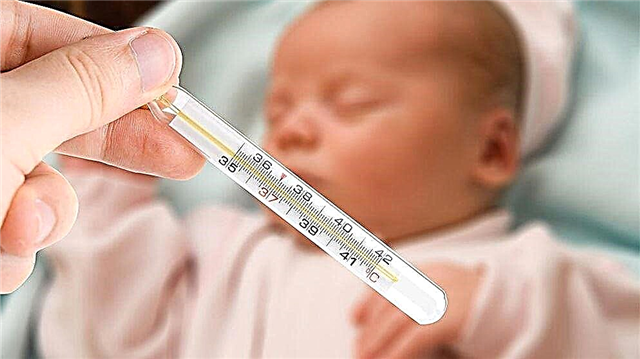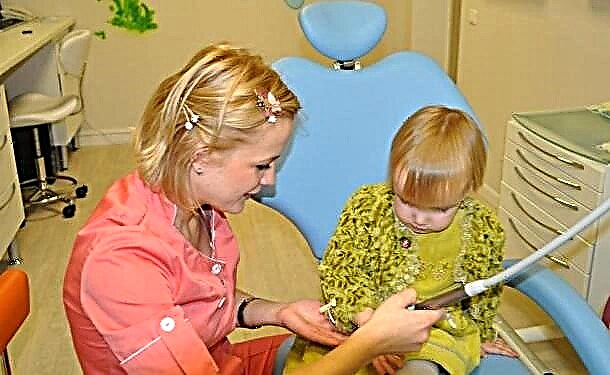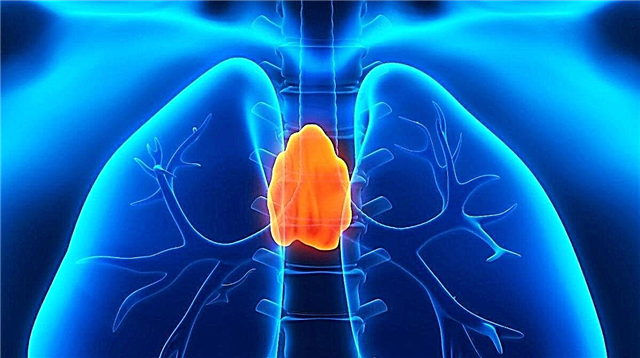
In the diet of a pregnant woman, all vitamin compounds and minerals valuable for the crumbs should be present. This will ensure the normal course of pregnancy and the correct development of the baby. At the same time, the needs for vitamins differ depending on the gestational age.
Consider the most important substances for the second trimester, which starts at 13 weeks of gestation and lasts until the end of the 26th week. At this time, the severity of toxicosis decreases, as does the risk of spontaneous miscarriage. By the beginning of the 2nd trimester, all the main parts of the baby's body have formed, the internal organs and the formation of their systems are actively developing, and the weight of the fetus increases. As a rule, it is in the second trimester that it is recommended to start taking complex multivitamin supplements.

Necessary vitamins
The most essential for the second trimester of pregnancy are such vitamin compounds.
- Vitamin C... In addition to strengthening the immune system, such a vitamin is needed to strengthen the capillary walls and the formation of collagen. A sufficient amount of it will protect the expectant mother from colds, stretch marks and bleeding, help glucose and iron to be better absorbed. The daily intake of vitamin C for women in the position is 70-100 mg.
- Vitamin D... Without this beneficial substance, calcium absorption is impaired, which affects both the baby's skeleton and mother's teeth. Such a vitamin is able to be synthesized in the epidermis under the influence of ultraviolet radiation, therefore its deficiency is often observed in the northern regions and in winter. For normal calcium metabolism, a pregnant woman should receive 400-600 IU of such a compound daily.
- Vitamin E... This powerful antioxidant helps to protect cell membranes from damage, is involved in hormone production, and prevents blood clots. It is very important for the normal state of the placenta, and also has a positive effect on the skin of the expectant mother, protecting it from stretch marks. The daily requirement for vitamin E during pregnancy is 10-15 mg.
- Folic acid... Although this vitamin is most important for the first months of pregnancy, as it helps prevent dangerous malformations by controlling cell division and DNA formation, its value in the second trimester is also quite high. The normal daily intake of folic acid for a pregnant woman is considered to be 400-800 mcg.
- Thiamine... The role of such a vitamin of group B is to maintain metabolic processes, prevent CNS defects in a child. It is also important for the health of the digestive and cardiovascular systems. The expectant mother should receive it daily at a dose of about 1.7 mg.
- Pyridoxine... This compound is also called vitamin B6 and affects the formation of hemoglobin, protein metabolism, immunity, acid-base balance and blood glucose levels. Its entry into the body of a pregnant woman will support the proper development of the baby and prevent hypertonia. The average daily dosage of pyridoxine for expectant mothers is 2.5 mg.
Important minerals
In addition to a sufficient amount of vitamins, all expectant mothers should also receive certain macro- and microelements. Among them, the following are considered the most necessary in the 2nd trimester.
- Calcium... This mineral is important for the formation of the baby's musculoskeletal system, strengthens the teeth and bones of the pregnant woman, preventing tooth decay and pain in the limbs. In addition, it is involved in muscle contraction, blood clotting, and nerve signaling. The daily requirement for calcium during pregnancy is 1000-1500 mg.
- Iodine... Such a trace element is used to synthesize hormones that the thyroid gland secretes. With its lack, metabolic processes are disrupted and the mental development of the baby slows down, so the expectant mother should receive 200 mcg of iodine every day in the second trimester.
- Iron... Without such an element, the formation of hemoglobin is disrupted and anemia develops, as a result of which the fetus receives less oxygen. At the same time, the woman's condition also worsens, because with anemia, a breakdown, drowsiness, nervousness and tachycardia are noted. To prevent such a problem, iron is included in many multivitamins, and 30 mg is called the norm for pregnant women.
- Magnesium... Such a macronutrient is needed for the development of the baby's nervous system and the correct formation of the placenta. It also provides the pregnant woman with a calm mood, normalizes blood pressure, and prevents cramps and gestational diabetes. The daily dose of this substance for expectant mothers is 300-500 mg.
- Zinc... Thanks to the participation of this microelement, hormones (including insulin) are synthesized, the skeleton of the fetus is formed and tissue regeneration is enhanced. The amount of zinc sufficient to maintain the health of the expectant mother is about 11 mg per day.

Rating of the best supplements
The list of multivitamin complexes that a pregnant woman can take at 13, 17, 25 or another week of the second trimester is quite large.
The top of the most popular includes such drugs.
- "Elevit Pronatal"... These long yellow tablets contain 12 vitamins supplemented with 4 trace elements and 3 minerals. On average, a package of 30 tablets costs 600-700 rubles. The drug is praised for its balanced composition, high dosage of folic acid, the ability to divide the tablet into halves.
Its disadvantages include its large size, high price and lack of iodine, but in general, positive reviews are left about the reception of this complex in most cases.

- "Vitrum Prenatal Forte"... From such tablets, expectant mothers receive 12 essential vitamins in high enough dosages, plus 7 minerals for the normal development of the baby. The pills are elongated and gray in color, sold in packs of 30 and 100 pieces. The advantages of the drug include the presence of iodine and beta-carotene, taken only once a day, an affordable price (a small package costs about 500-600 rubles), but many women do not like that the composition of the tablets includes dyes, and swallow them due to their large size it can be difficult.

- "Femibion Natalcare 2"... In one pack of such a drug there are 30 pink oval tablets and 30 yellowish gelatin capsules. The tablets include 10 vitamin compounds, supplemented with potassium iodide, and the capsules are a source of omega-3 fats and an additional dose of vitamin E. The disadvantages of this complex include the lack of vitamin D and many important minerals, as well as the high cost (one pack costs 900-1000 rubles), which is why inexpensive analogues are often preferred.
However, those women who chose Femibion 2 in the second trimester remain mostly satisfied with both the effect and the tolerance.

- "Mom's Health Alphabet"... The main feature of such multivitamins is the distribution of active substances into three different tablets, taking into account their compatibility and the most effective action. As a result, we got pink tablets with iron, folic acid, vitamin C and taurine, white tablets with vitamin D, phosphorus and calcium, as well as blue tablets with vitamin E, iodine, zinc and other important compounds. The additive is praised for its small size, reasonable cost (350-400 rubles per pack), good tolerance. The disadvantages include the presence of dyes and a threefold reception.

- "Complivit Trimester 2 trimester"... This supplement is intended for pregnant women from 12 to 27 weeks. It takes into account all the recommendations of specialists for a given period of gestation and includes active substances in those doses that are needed for a growing baby. An additional advantage of this "Complivit" is the presence of an antioxidant complex, which includes rutoside and lutein. The reception of such white round tablets is responded mostly positively. Allergic reactions to the drug are noted very rarely, and the cost of the complex is considered low, since one package costs about 350 rubles.

How to take it right?
First of all, it is important to remember that a woman in a position should choose a multivitamin complex together with her doctor, because such additives have certain contraindications.
You cannot prescribe them yourself, as well as violate the duration of admission or dosage recommended by the doctor.
Here are some more important nuances:
- in most cases, multivitamins for pregnant women are taken once a day, although there are other regimens;
- tablets are usually not bitten through so that their active substances are not destroyed in the stomach, but it is permissible to divide some drugs (you can see the risk on their surface);
- complexes should be drunk in the morning so that their intake does not affect the night's sleep;
- drink additives with optimally non-carbonated non-hot water.

In addition, before you start taking, you should check the expiration dates and read the instructions, then check whether the package is intact and whether the tablets or capsules correspond to the characteristics indicated in the annotation.
For vitamins for pregnant women, see the following video.



